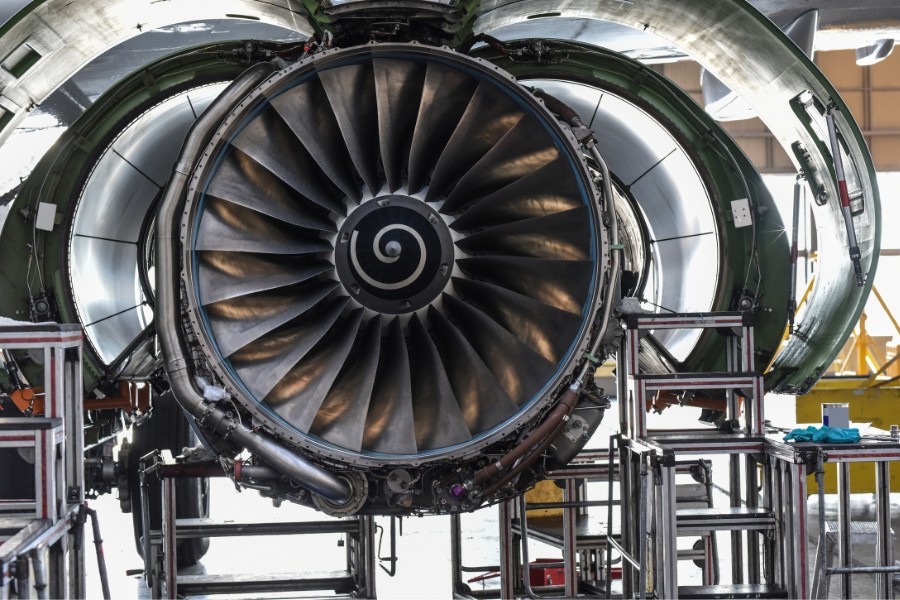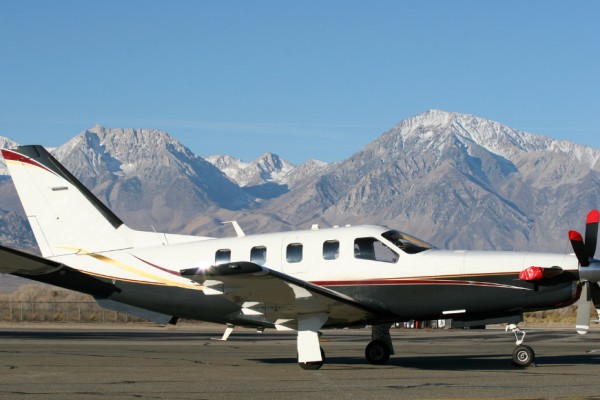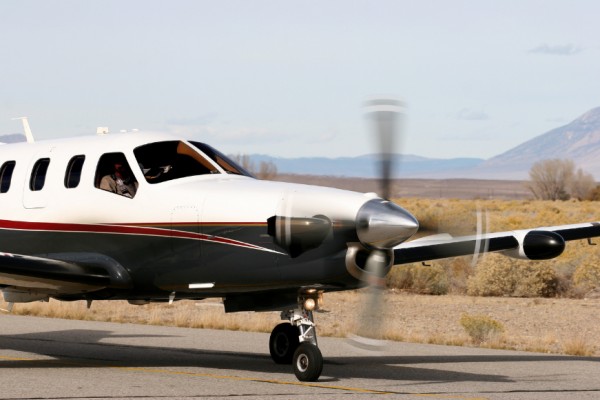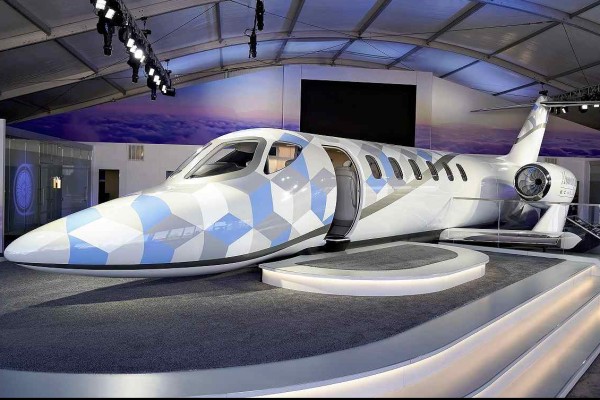- Civil Aircrafts
- 1 year before
Jet Engine Operating Principle: A Detailed Review
Discover how jet engines work through the eyes of a pilot. We describe in detail the principle of operation of the jet engine.Jet Engine Operating Principle
-

- 1 year before
- Category: Civil Aircrafts

Airplanes are one of the most dazzling inventions in the modern world, and for many of us we have wondered how jet engines, the basis of air travel, work. This article describes in detail the principles of operation of jet engines. As a pilot of Turkish Airlines, as an aviator who has mastered the intricacies of jet engine technology, we will cover this issue to the smallest detail
What is a Jet Engine and What Are Its Basic Functions?
A jet engine is a type of internal combustion engine used in the aviation industry. It produces explosive power mainly by sucking in air, compressing this air and then mixing it with fuel. This force is rapidly expelled from the rear of the engine, and this reaction propels the aircraft forward on the principle that Newton's third law of motion, 'There is a reaction in equal and opposite directions to every effect'.Working Principle of Jet Engine
The principle of operation of a jet engine is a simple thermodynamic process, also known as the Brayton cycle. To understand jet engines, it is necessary to grasp the main stages of the Brayton cycle - air intake, compression, combustion and thrust. The air is sucked in from the front of the engine and compressed by the numerous compressor blades in the compressor section. The compressed air is directed into the combustion chamber, where it mixes with the fuels sprayed, burning at high temperature. This high pressure and temperature actuates the engine's turbines, and then the exhaust nozzle, and provides jet thrust.Contributions of Jet Engines to the Flight Process
The role of jet engines in the flight process is undeniable. From the take-off stage, the engines enable the aircraft to accelerate, producing a stable thrust throughout this process. If on landing, the thrust of the engines is reduced and the speed of the aircraft is slowed down. In addition, modern jet engines are constantly being improved in such matters as fuel efficiency and quiet operation, which makes the aviation industry more environmentally friendly and economical.Understanding the scientific principles behind the proud dance of airplanes in the sky is extremely important not only for engineers and pilots, but also for flight enthusiasts. The principle of operation of the jet engine stands before us as an excellent example of engineering, and the future evolution of this technology has the potential to revolutionize the aviation industry.





